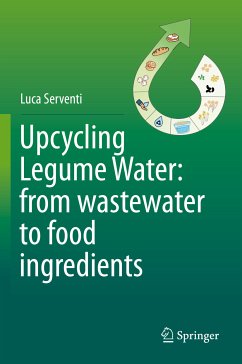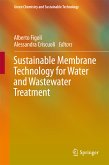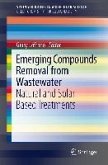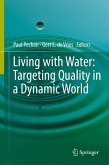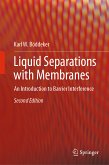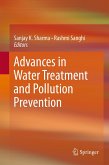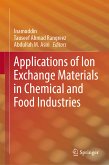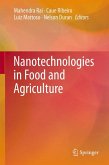Recycling Legume Wastewater Into Food Ingredients presents a sustainable solution to this increasing demand for food and water. The text analyses the composition of legume wastewater and its physicochemical properties, including its potential applications in emulsifiers, foaming agents,gelling agents and antistaling ingredients. Early chapters discuss the processing of legumes and the wastewater generation involved. Further sections focus on wastewater generated by soaking and cooking, including the composition, functional properties, and food applications involved in each. Sprouting water, bioactives and applications in edible packaging are also discussed.
In presenting a sustainable solution for legume wastewater use, this text is an important key to sustainability in food processing and the reduction of waste.
Dieser Download kann aus rechtlichen Gründen nur mit Rechnungsadresse in A, B, BG, CY, CZ, D, DK, EW, E, FIN, F, GR, HR, H, IRL, I, LT, L, LR, M, NL, PL, P, R, S, SLO, SK ausgeliefert werden.

